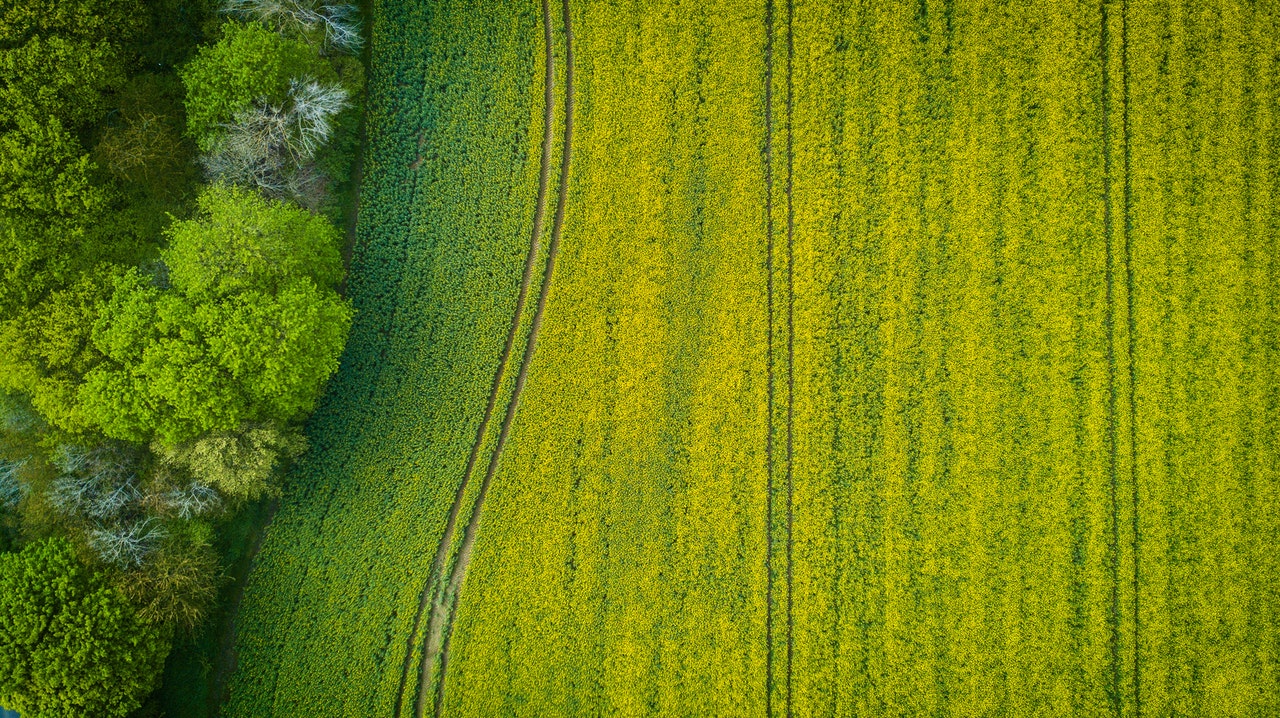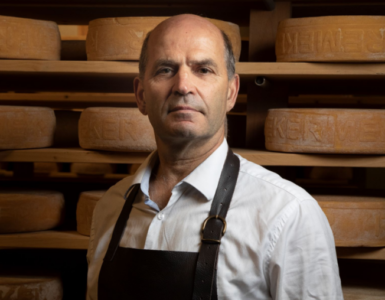Article for Farmer’s Weekly and Landbou Weekblad September 2015. By researcher dr. Saskia von Diest.
Investigating intuitive farming
In March 2013, I started a postdoctoral research project at Stellenbosch University, under Prof Michael Samways. This project falls within the original research section of the Future-Proofing Food research project: Linking sustainable food production with national conservation targets, in the governmental Department of Science and Technology’s “Global Change, Society and Sustainability Research Programme”. The main aim is to “re-invigorate current agricultural practices”. To meet this objective, radically innovative approaches are needed to address current challenges in the agricultural sector.
The modern focus on cognitive (intellectual or mind-based) approaches to farming has advanced food production significantly. However, it has largely neglected the resilience capacity that the natural balances in soil, water, plants, animals and surrounding nature offer, leading to a breakdown in cohesion between farming activities, society and the natural environment. This approach has locked us into a downward spiral of reducing our beneficial soil microbes and organic matter by using pesticides and herbicides, so plants are not able to take up and use the available nutrients in the soil, which causes farmers to use more synthetic fertilizer, which leads to degraded, acidified and compacted soil, which causes unhealthy plants to become diseased, which means more pesticides and herbicides are applied, which pollutes our air with greenhouse gases and pollutes and uses more water than is necessary, and further kills our beneficial microbes, and so the cycle continues. The cognitive approach also overlooks how modern farmers make important management decisions, which can be based more on intuition than on pure rationality, such as how to handle soil, plants and animals in practice – often farmers say they ‘feel’ what is required
Dr. Saskia von Diest interviewing a Dutch dairy farmer with Jersey cows. Source: Saskia von Diest.
The international surveys of Henk Kieft (2006, 2012) show that farmers who farmed “intuitively”, reported earlier detection of disease, lower chemical inputs, increased nutritional value, longer shelf-life and higher input efficiency in plant production. Characteristics such as quieter animals, lower use of antibiotics, lower veterinary costs, improved immune response and more efficient feed conversion rates were reported in animal-based farming. Farmers also reported on minimizing their impacts on the surrounding environments, and spoke of working “together with nature”. Peter Nuthall published a study in 2012 that describes how the most successful stock cattle farmers in New Zealand relied less on the formal technological tools developed to aid their practical decision-making, and instead developed a personalised expert system, with their intuition being the primary driver. Nuthall also pointed out that developing this intuitive ability, which is used in all farming systems, would be a more practical approach in helping farmers make customized decisions for increasing efficiency on their farms.
The definition and use of intuition in decision-making has been debated in research fields such as neurobiology, psychology and psychiatry. The common factors that make up intuition seem to be that it is fast, highly accurate and doesn’t involve much, if any, cognitive thinking; however, experience and knowledge do help in increasing the accuracy of a decision that is made intuitively. Until now, the use of intuition in an agricultural context has received little attention in scientific research, yet it is widely used and should receive more attention.
According to the Henk Kieft, intuitive farming including the use of intuitive decision-making, but it also includes the use of telepathic interspecies communication. The idea of humans being able to communicate telepathically with each other has been researched widely. But aside from various studies published by Dr Rupert Sheldrake (2000, 2003) that showed that uni-directional telepathy from humans to animals is possible, little is known about this phenomenon between humans and other species, let alone in an agricultural context.
It is not a new idea in human history, and appears to be a common thread in every indigenous culture worldwide. It is documented in numerous books and documentaries such as The Animal Communicator and Aluna have increased the awareness of this phenomenon. It is practiced in food production by ecovillages around the world, such as Findhorn Foundation in Scotland, Damanhur Federation in Italy, Tamera in Portugal and Auroville in India, by institutes such as Perelandra Garden and Cooperative Biobalance in USA, and in small-scale farming systems in South America, Africa and Asia. Rudolf Steiner also mentions intuitive communication with nature in his Biodynamic Agriculture lectures, although it is described under terms such as “active perception”.
Investigating telepathic interspecies communication further could have significant implications for this emergent field of research, for modern management decisions in South African agriculture, and has great potential to improve the efficiency and sustainability thereof. An objective of this project is to interview farmers who already practice telepathic interspecies communication, in order to better understand what the effect of using this practice has on their farming systems and the products that come from them. The identity of these farmers remains strictly confidential in order to adhere to human research ethics practices. Some interviews have already been conducted, both overseas and locally, and so far those farmers have spoken of similar advantages, disadvantages and methods of practice as the farmers interviewed in the international surveys by Henk Kieft published in 2006 and 2012. However, more interviews with intuitive farmers are required before this information can be analysed and presented. Farmers who practice telepathic communication with nature, or anybody who raises animals or produces food for more than their own needs and also uses this practice, are invited to contact me if they are willing to participate in the study and share their experience.
Henk Kieft, the author of the articles on intuitive farming, was approached to be a collaborator on this project and since his input has been so invaluable, I have received funding to host him for a research visit in November 2015. He presented a condensed version of his workshop on quantum agriculture and intuitive farming twice during November in the Western Cape. Anyone who is interested in another workshop, the resources referenced in this article or the concept of intuitive farming, or has other resources that they would like to share with me, they can contact me at saskia@sun.ac.za.
[Books by authors like Michael Roads, Dr Dean Radin, Cleve Backster, Lynne McTaggart, Dr Jim Conroy and Basia Alexander, Marta Williams and Stephen Harrod Buhner.]









Add comment